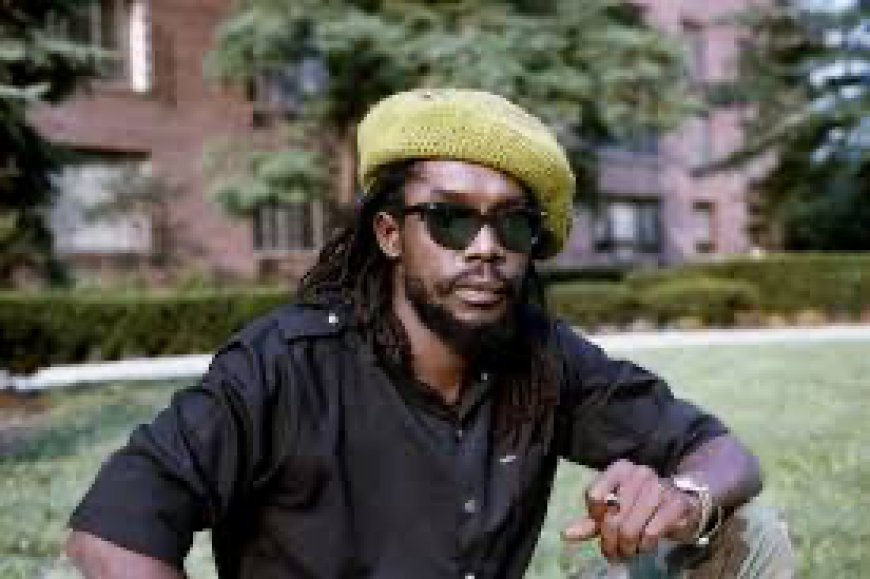Remembering Peter Tosh, The Reggae Icon Who Fought for Justice
Peter Tosh was a reggae rebel who used his music to speak out against injustice. He was a pioneer of the genre and his songs are still relevant today. This article tells his story and highlights his most important contributions to reggae music.

Peter Tosh, one of the most iconic reggae musicians of all time, died on September 11, 1987. Tosh was a pioneer of the genre and his music was known for its powerful social and political messages. He was also a founding member of the legendary reggae group The Wailers.
Peter Tosh, the reggae icon and social justice activist, was born on October 19, 1944. . He began his music career in the early 1960s with The Wailers, which also included Bob Marley and Bunny Wailer. The group released several classic albums, including "Catch a Fire" and "Burnin'," before Tosh left the group in 1974 to pursue a solo career.
Tosh's solo career was just as successful as his time with The Wailers. He released several critically acclaimed albums, including "Equal Rights" and "Bush Doctor." His music was known for its powerful social and political messages, and he often sang about topics such as racism, poverty, and injustice.
Tosh was assassinated on September 11, 1987, at his home in Jamaica. He was 42 years old. His death was a major loss to the reggae world and he is still remembered as one of the greatest reggae musicians of all time.
Common User Questions and Answers
Question : What is Peter Tosh most famous song?
Answer: Peter Tosh's most famous song is "Stepping Razor."
Question : When did Peter Tosh die?
Answer: Peter Tosh died on September 11, 1987.
Question : What was Peter Tosh's political message? Answer: Peter Tosh's music often spoke out against racism, poverty, and injustice. He was a strong advocate for social and political change.
Question : What is Peter Tosh's legacy?
Answer: Peter Tosh is remembered as one of the greatest reggae musicians of all time. He was a pioneer of the genre and his music continues to inspire people around the world.









